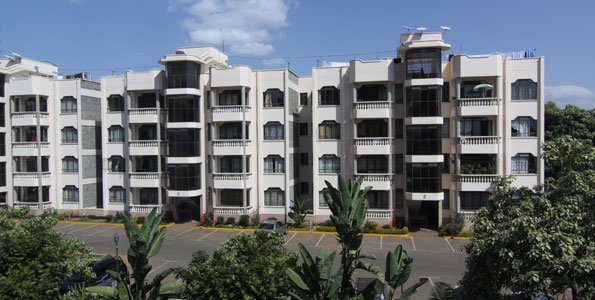Statistical Analysis of Land Disputes in Cambodia, 2015
The purpose of the report is to provide documentary evidence of land disputes recorded throughout 2015. This evidence was gathered from articles on land disputes from local printed media, meetings with Land and Housing Right Network (LAHRiN) members, and through on-site data collection. This report aims to raise awareness and understanding of the current situation regarding land disputes, and act as a resource for other stakeholders working on land issues including government officials, donors, LAHRiN members, Cambodian and international civil society and academic researchers.



